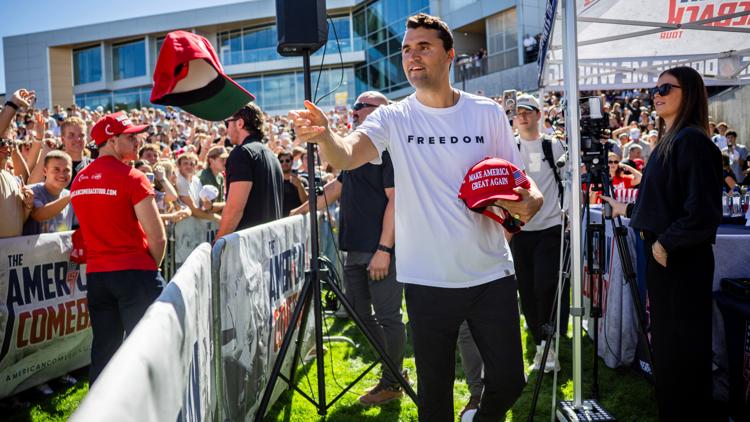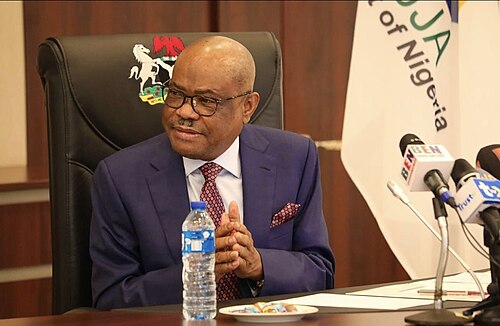Charlie Kirk, a well-known conservative activist and co-founder of Turning Point USA, was shot and killed on Wednesday while speaking at Utah Valley University in Orem, Utah. He was 31 years old.
Kirk, a husband and father of two, was addressing students at a campus event when the attack unfolded. According to video footage circulating on social media, a participant asked him about mass shootings in the United States just before a gunman fired at him. The bullet struck his neck, causing him to slump in his seat. Witnesses recalled a heavy flow of blood before he was rushed to a local hospital, where doctors later pronounced him dead.
Two days after the incident, officials revealed that 22-year-old Tyler Robinson had been arrested in connection with the shooting. Investigators believe he acted alone.
The news sparked grief and outrage across the political spectrum. Former President Donald Trump, who had a long-standing friendship with Kirk, described him as “a tremendous person” and “a very, very good friend.” On Truth Social, Trump mourned him as “the great and legendary Charlie Kirk,” adding that no one had connected with America’s youth more deeply. Messages of sympathy and shock also came from both Republican and Democratic figures.
Kirk’s political influence extended well beyond his years. After co-founding Turning Point USA in 2012, he became one of the most prominent conservative voices among younger voters. He played a central role in energizing student activists and was instrumental in building parts of Trump’s voter outreach efforts, particularly in battleground states such as Georgia, Arizona, and Pennsylvania. At moments when Trump’s political future looked uncertain, Kirk’s loyalty never wavered, helping keep young conservatives engaged in the movement.

His relationship with the Trump family was especially close. He counted Donald Trump Jr. as a personal friend and frequently worked alongside the former president’s campaign team. He spoke at Trump’s inaugural parade in 2017 and, in 2023, Trump appointed him to the Air Force Academy Board of Visitors.
Despite his popularity among conservatives, Kirk was no stranger to controversy. He promoted unproven claims of election fraud after the 2020 presidential race, cast doubt on the seriousness of COVID-19, and often used language critics described as hostile toward transgender people. He also gave voice to the “Great Replacement” theory, a conspiracy rooted in racial anxieties.
Still, he proved pragmatic in adapting to new political realities. Although once skeptical of mail-in and early voting, Kirk later urged Republicans to embrace those methods after setbacks in the 2022 midterm elections. Reflecting on GOP losses, he argued that the party needed to prepare for “Election Month” rather than relying solely on Election Day turnout. “We might not like the rules,” he said, “but losing feels much worse.”
Outside of campaign politics, Kirk became a media figure with considerable reach. He hosted “The Charlie Kirk Show,” a conservative radio program, and built a large online following, with millions of young Americans tuning in to his daily commentary.
Born on October 14, 1993, in the suburbs of Chicago, Kirk briefly attended community college before dropping out to devote himself fully to activism. His rise from a young organizer to one of the most influential conservative figures of his generation underscored his ability to harness the digital age to reach new audiences.
Kirk is survived by his wife, Erika, and their two children.
Source




